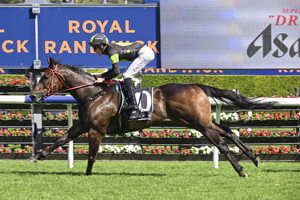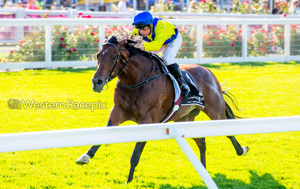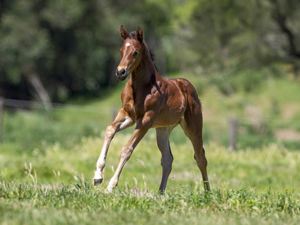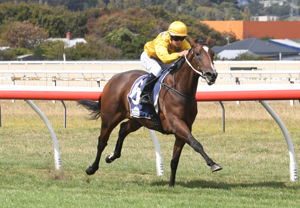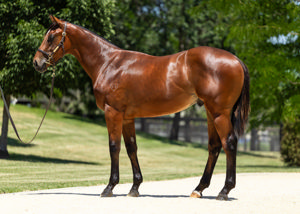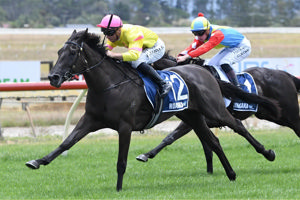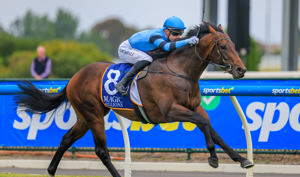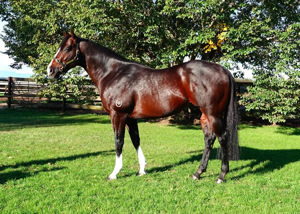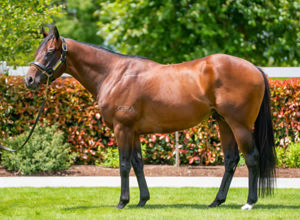A positive topic I never tire writing about is where the Capital Gains Tax (CGT) rules exempt the profits relating to the sale of "hobby" racehorses.
However, in the recent past I've been made aware of a so-called "magic wand" solution that is aimed at allowing "hobbyists" access to this exemption where no such solution exists. This solution relates to the part-sale of the horse or the person's share of the horse.
Overview
Let's start with outlining what these CGT provisions are about and how they apply to allow "hobbyists" to legitimately claim a CGT exemption when selling a racehorse.
Generally speaking, the CGT provisions do not apply to capital gains arising from the disposal of a "personal use asset" (or part of such asset) acquired by the taxpayer for $10,000 or less . Note that GST paid for the asset forms part of the "$10,000" for the purposes of this exemption.
A hobby racehorse is a "Personal Use Asset"
''Personal use asset'' is defined in the CGT law. In general terms, a personal use asset is a CGT asset that is "used or kept mainly for the personal use or enjoyment of the taxpayer or the taxpayer's associate" Examples of personal use assets include clothing, white goods, furniture, sporting equipment, cameras and boats.
A horse acquired by a person or entity who races horses as a hobby (i.e. not in carrying on a horse racing "business") has been specifically designated as a personal use asset per tax rulings issued since the 1990's.The industry sought clarity on this issue and these rulings duly obliged.
The folly of part-sales and claiming the CGT exemption
Regrettably, many hobby owners cannot access this CGT exemption as their share in the horse has a CGT cost in excess of $10,000 . Say, for example, when a 10% share in a hobby racehorse is acquired by an owner for $16,500 (including GST).
However, in an attempt to get around the "$10,000 rule", it is often thought that part-sale of the interest, where that percentage part-sold has a cost of less than $10,000, is within the CGT exemption.
Example
Our hobby owner noted above has a CGT cost of $16,500 in relation to his/her original purchase. This horse interest is thus subject to CGT if sold for a profit.
However, instead of selling all of the horse share that will generate a sizeable capital gain, only 50% of the horse share is sold. 50% of the cost of the horse share is $8,250 ($16,500 x 50%), thus that part interest has a cost base of less than $10,000 and it is thought that CGT exemption can be claimed on such sale, regardless of how much the sale proceeds are.
Sounds too easy? If you think so, yes, you're correct, the ATO were mindful of such schemes from the inception of this exemption and enacted an "anti-avoidance' provision to specifically close this loophole.
ATO closes off exemption from sale of "part" of a personal use asset
The application of the threshold to the whole asset (rather than to part only) appears designed to prevent exploitation by means of disposing of parts of an asset separately . For example, per the above, if a person acquires an asset for $16,500 and disposes of half of their asset interest, the CGT exemption would not apply because the whole asset was acquired for more than $10,000 (even though the consideration relating to the portion of the asset disposed of, i.e. $8,250, was less than the threshold).
Also note that not only would such part-sale not be CGT exempt, but if the interest was instead gifted to an associate, such as a partner or wife, such disposal is deemed to have been at market value. If the horse, say, has a "big page" and proven stallion appeal due to an impressive racing record, a nasty capital gain can arise on such a disposal (though such gain is reduced by 50% if the horse interest was held for at least 12 months ).
To end on a positive note, the exemption for capital gains from personal use assets is limited to assets acquired for $10,000 or less , even if the gain is made from part of the asset only (e.g. from disposing of part of the asset). If the cost of the asset is $10,000 or less, you will always get the CGT exemption, no matter if you sell fully or in part.
Please don't hesitate to contact the writer if you wish for me to clarify or expand on any of the matters raised in this article.
DISCLAIMER
Any reader intending to apply the information in this article to practical circumstances should independently verify their interpretation and the information's applicability to their circumstances with an accountant or adviser specialising in this area.
Courtesy:
PAUL CARRAZZO CA, CPA
CARRAZZO CONSULTING PTY LTD

